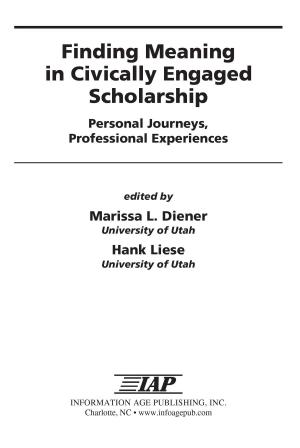Human Resource Management Theory and Research on New Employment Relationships
Business & Finance, Management & Leadership, Management, Human Resources & Personnel Management| Author: | ISBN: | 9781681236964 | |
| Publisher: | Information Age Publishing | Publication: | October 1, 2016 |
| Imprint: | Information Age Publishing | Language: | English |
| Author: | |
| ISBN: | 9781681236964 |
| Publisher: | Information Age Publishing |
| Publication: | October 1, 2016 |
| Imprint: | Information Age Publishing |
| Language: | English |
This volume of the series Research in Human Resource Management (HRM) focuses on a number of important issues in HRM and OB including performance appraisal, political skill, gratitude, psychological contracts, the philosophical underpinnings of HRM, pay and compensation messages, and electronic human resource management. For example, the first article by Cleveland and Murphy considers a very controversial issue (i.e., the reasons that organizations are abandoning the use of performance appraisal). The next article by Harris, Ferris, Summers, and Munyon is extremely interesting, and focuses on how composite political skills (e.g., social astuteness, interpersonal influence ) helps individuals develop productive work relationships in organizations. The third article by Scandura and Sharif presents a very innovative model of gratitude in organizations, and the authors argue that gratitude is essential for maintaining positive social relations in organizations. The fourth article by Suazo and StoneRomero provides an extremely comprehensive review of the theory and research on psychological contracts in organizations from 19602015. The subsequent article by Bae, Kang and Kim presents a very unique perspective on HRM, and considers the philosophical underpinnings of the field. The sixth article by Murray, Dulebohn, Roehling, and Werling presents a very innovative model to explain the role that organizational messages about changes in pay or compensation systems have on anticipatory pay satisfaction. The final article in the series by Johnson, Thatcher, and Burleson presents a thoughtprovoking framework for understanding the key role that information technology (IT) plays in the field of HRM. The series should be useful to researchers and doctoral students in the fields of HRM, OB, and Industrial and Organizational Psychology. It should also be relevant for doctoral courses and scientistpractitioners in these fields.
This volume of the series Research in Human Resource Management (HRM) focuses on a number of important issues in HRM and OB including performance appraisal, political skill, gratitude, psychological contracts, the philosophical underpinnings of HRM, pay and compensation messages, and electronic human resource management. For example, the first article by Cleveland and Murphy considers a very controversial issue (i.e., the reasons that organizations are abandoning the use of performance appraisal). The next article by Harris, Ferris, Summers, and Munyon is extremely interesting, and focuses on how composite political skills (e.g., social astuteness, interpersonal influence ) helps individuals develop productive work relationships in organizations. The third article by Scandura and Sharif presents a very innovative model of gratitude in organizations, and the authors argue that gratitude is essential for maintaining positive social relations in organizations. The fourth article by Suazo and StoneRomero provides an extremely comprehensive review of the theory and research on psychological contracts in organizations from 19602015. The subsequent article by Bae, Kang and Kim presents a very unique perspective on HRM, and considers the philosophical underpinnings of the field. The sixth article by Murray, Dulebohn, Roehling, and Werling presents a very innovative model to explain the role that organizational messages about changes in pay or compensation systems have on anticipatory pay satisfaction. The final article in the series by Johnson, Thatcher, and Burleson presents a thoughtprovoking framework for understanding the key role that information technology (IT) plays in the field of HRM. The series should be useful to researchers and doctoral students in the fields of HRM, OB, and Industrial and Organizational Psychology. It should also be relevant for doctoral courses and scientistpractitioners in these fields.















